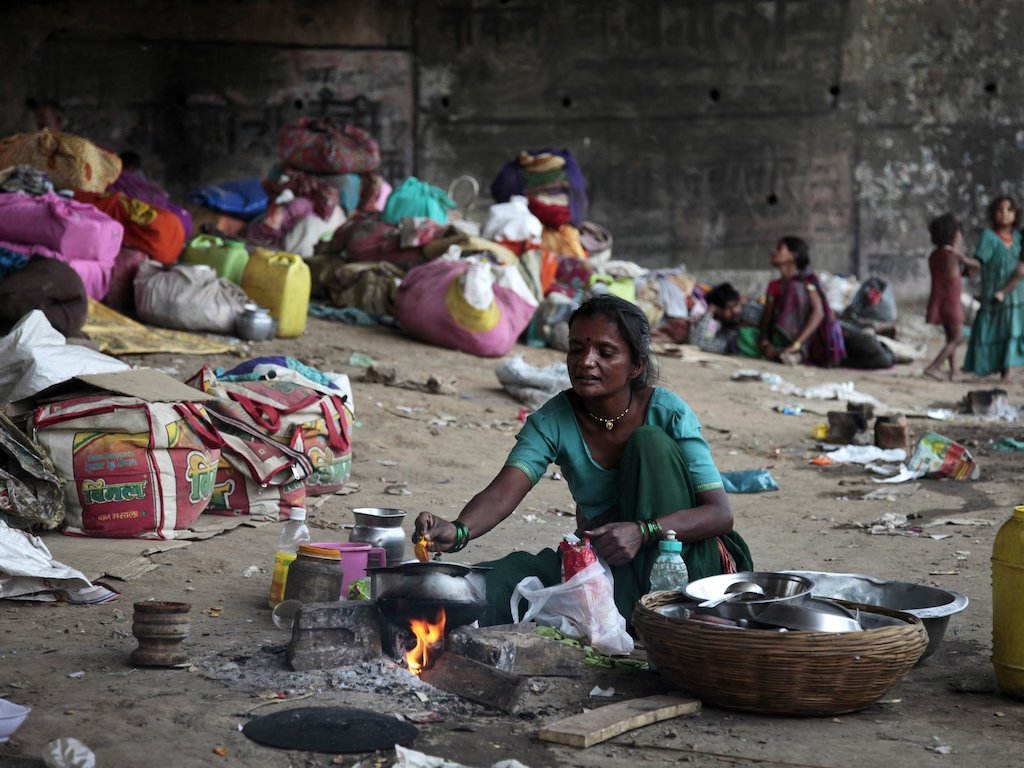4 Mins Read
A new United Nations report finds that the coronavirus pandemic is causing severe disruption to the achievement of the globally agreed Sustainable Development Goals (SDGs) by 2030. While progress towards the goals had been slow, especially in Asia-Pacific countries where regression had been recorded even prior to the pandemic, the crisis is now undoing decades of advancement within just a few months.
Released on yesterday by the UN Department of Economic and Social Affairs (UN DESA), the report says that the coronavirus is unleashing unprecedented reversal of progress on the SDGs, with the world’s poorest and most vulnerable communities bearing the brunt of the human impact.
Prior to the pandemic, the world had been making progress to meet the 17 goals, albeit still uneven and insufficient enough to meet the deadline of 2030. In the Asia-Pacific region, there had been little to no progress across the board, with some targets even recording patterns of regression, particularly in the deterioration of the environment, food insecurity and pervasive inequality.
But now, even those targets where advancement were recorded – maternal and child health, expanding access to electricity and increasing female representation – are under threat of having decades of progress wiped out within a matter of weeks.
An estimated 71 million people, according to the report, are now expected to be pushed back into extreme poverty this year, marking the first rise in global poverty since 1998. This will mean that even those who had previously been secure are now finding themselves at risk of hunger and poverty.
“Due to Covid-19, an unprecedented health, economic and social crisis is threatening lives and livelihoods, making the achievement of Goals even more challenging,” said UN secretary-general António Guterres in a press release sent to Green Queen.
Using the most up-to-date data, UN analysts say that first and foremost, it will be the poorest and the most vulnerable communities in the world – children, elderly, displaced peoples and women – who will be hit the hardest by the effects of the coronavirus and the resultant reversal in SDG progress.
“Although the novel coronavirus affects every person and community, it does not do so equally. Instead, it has exposed and exacerbated existing inequalities and injustices,” said Guterres.
For instance, the report finds that some 1.6 billion people who are already vulnerable workers in the informal economy sector – representing half the global workforce – are now significantly affected by the crisis, and are expected to have 60% of their incomes slashed since the pandemic began.
Among the vulnerable groups, the report finds that women and children will be experiencing the most hardships. Disruption to vaccination services and healthcare as a result of the crisis, on top of already limited access to nutritious food, will cause hundreds of thousands more deaths among children under the age of 5, as well as tens of thousands of additional maternal deaths within this year.
In terms of education, global school closures have kept over 90% of students worldwide – 1.57 billion pupils – out of access to education, and among them 370 million children are missing out of school meals that they depend on. For those without access to internet and computers at home, remote learning is not an option, meaning almost no education for the duration of the crisis.
Aside from deterioration on issues of poverty, women’s advancement, health, education and income inequality, the report also notes that the climate crisis is showing no signs of abating. Last year represented the second hottest year on record, while massive numbers of species are at risk of extinction due to human activities and unsustainable consumption and production.
Scientists have reiterated that without an end to humanity’s continued destruction of nature, we are likely to experience even deadlier pandemics to come on a more frequent basis.
Amid these findings, the UN analysts say that it is more vital now than ever before for governments to gear their coronavirus pandemic recovery efforts towards the SDGs. “The principles on which the SDGs were established are key to building back better in the post-COVID-19 recovery,” said Li Zhen-min, under-secretary-general for UN DESA.
“Our collective response to the pandemic can serve as a ‘warm-up’ for our preparedness in preventing an even larger crisis – that is, global climate change, whose effects are already becoming all too familiar. ”
This post is published as a part of Green Queen’s partnership with the SDG Media Compact to raise awareness about the Sustainable Development Goals and share information from the World Health Organisation and the United Nations during the pandemic.
Lead image courtesy of Channi Annan / AP.




